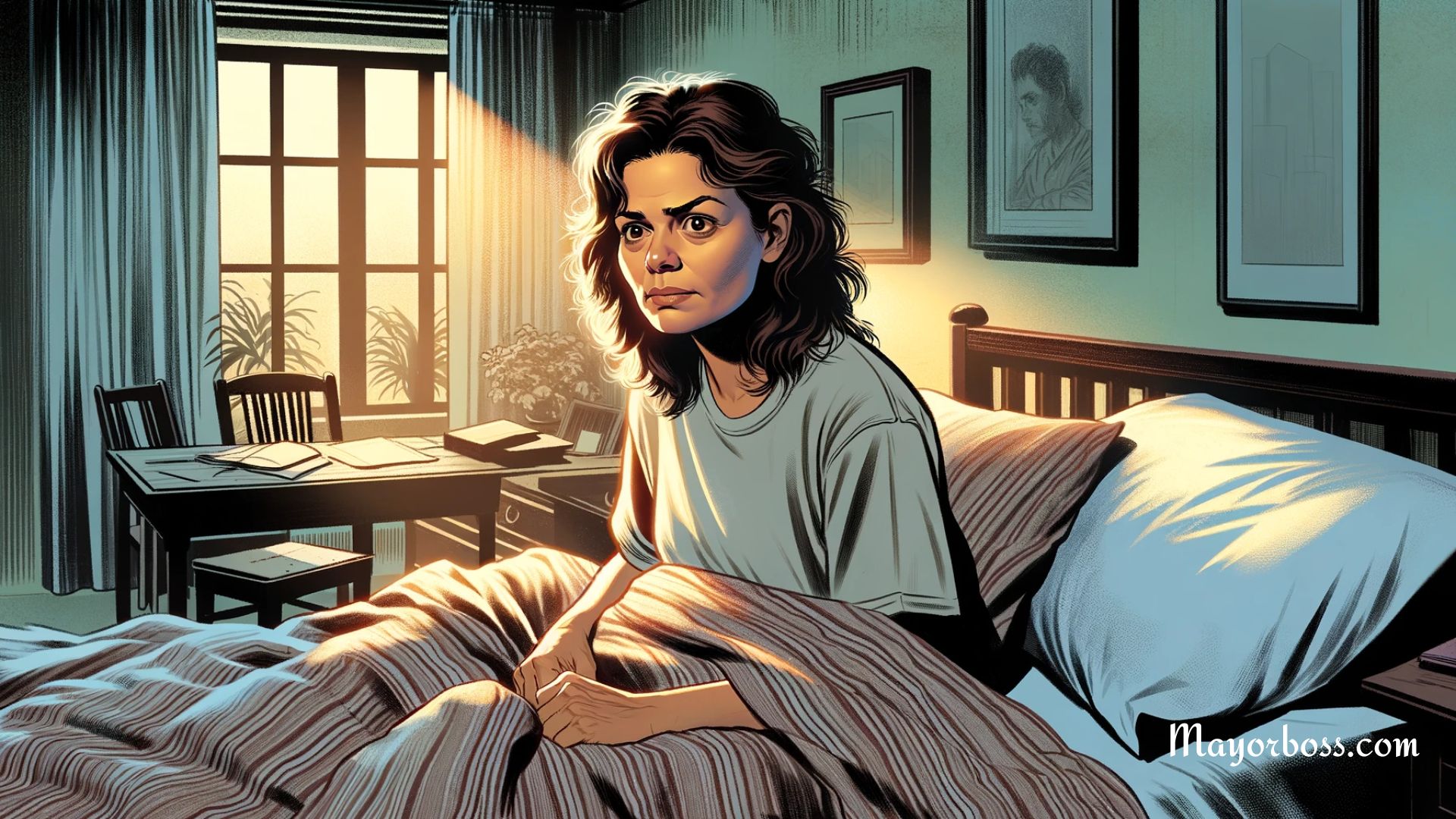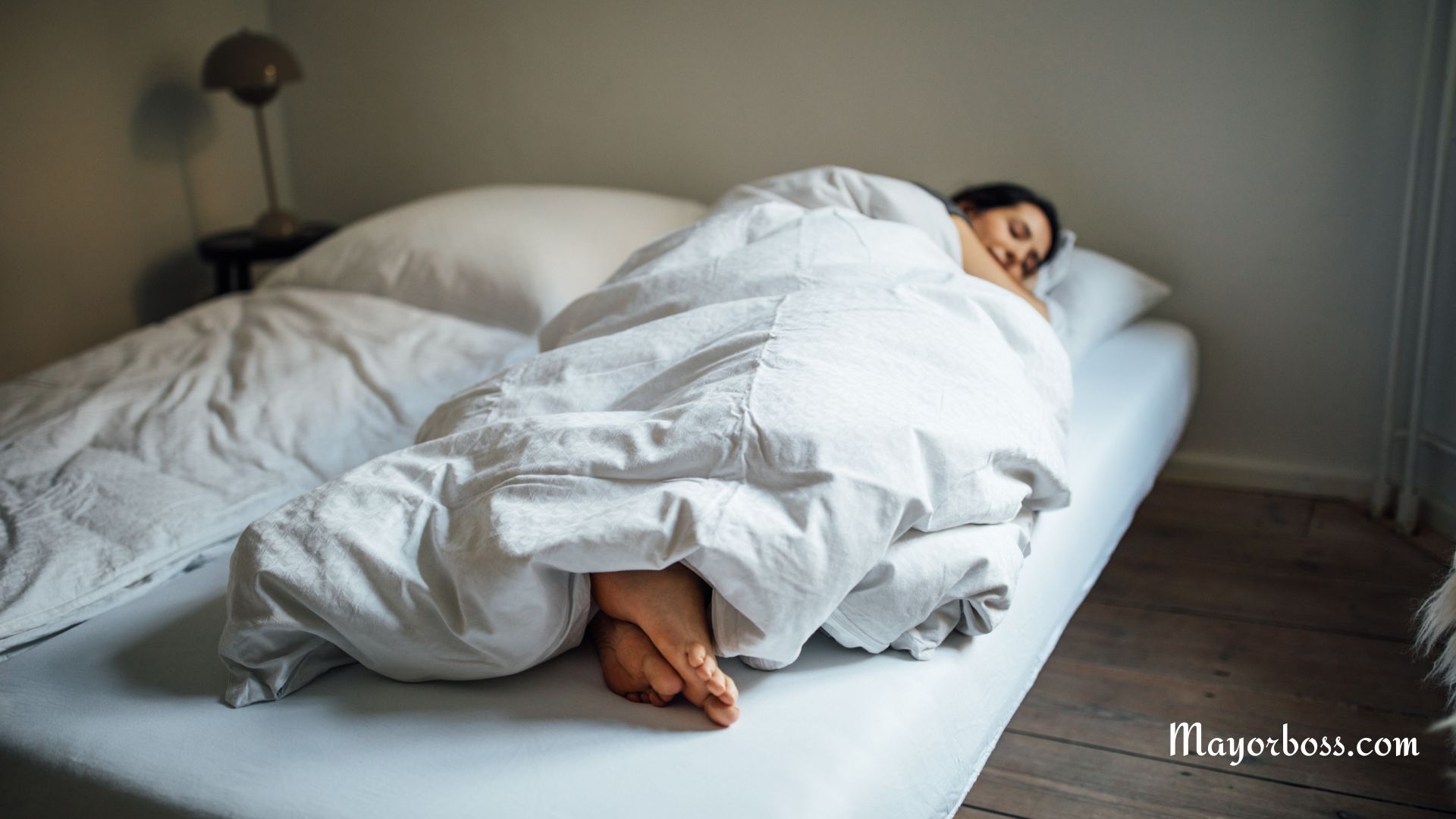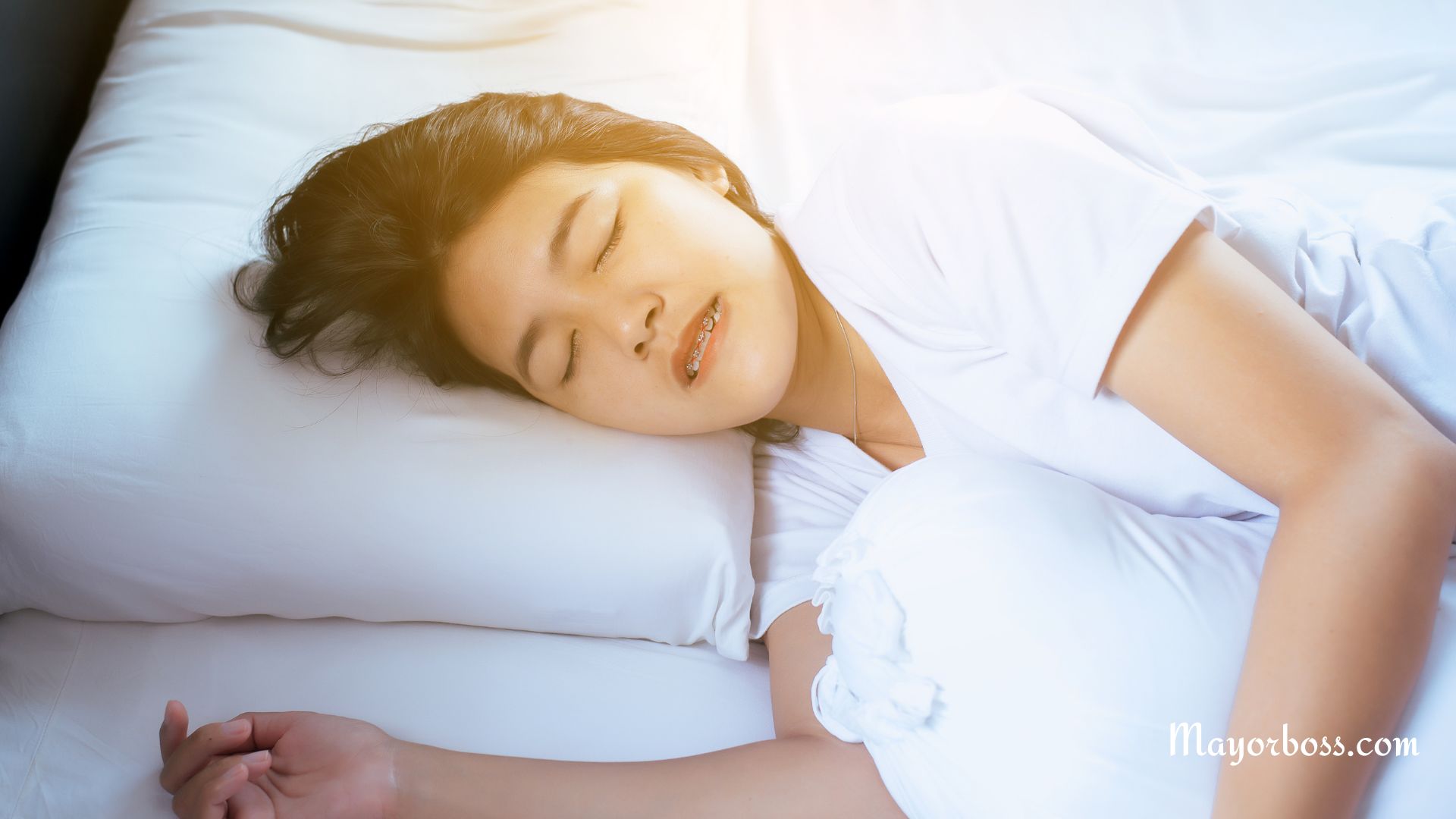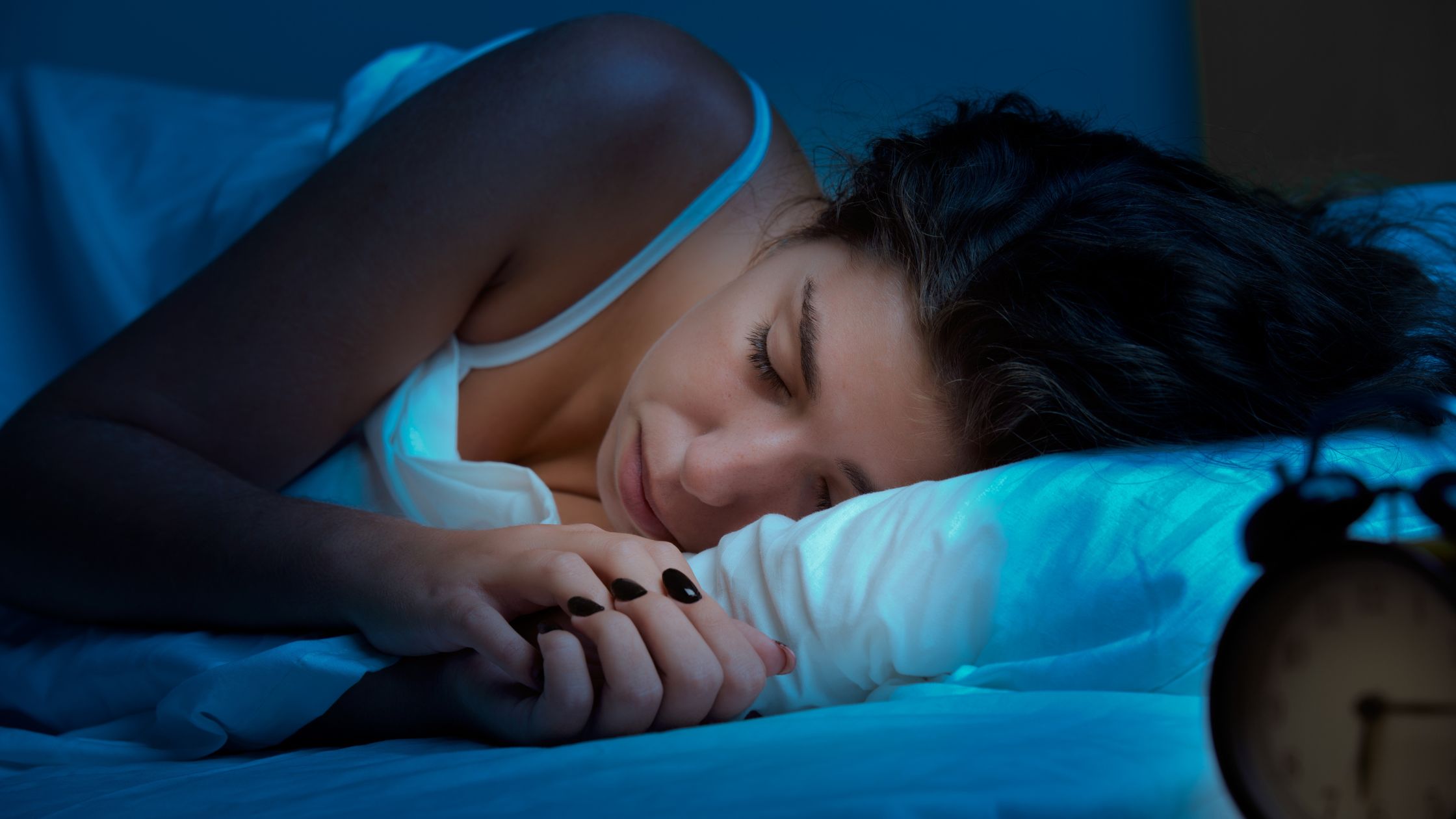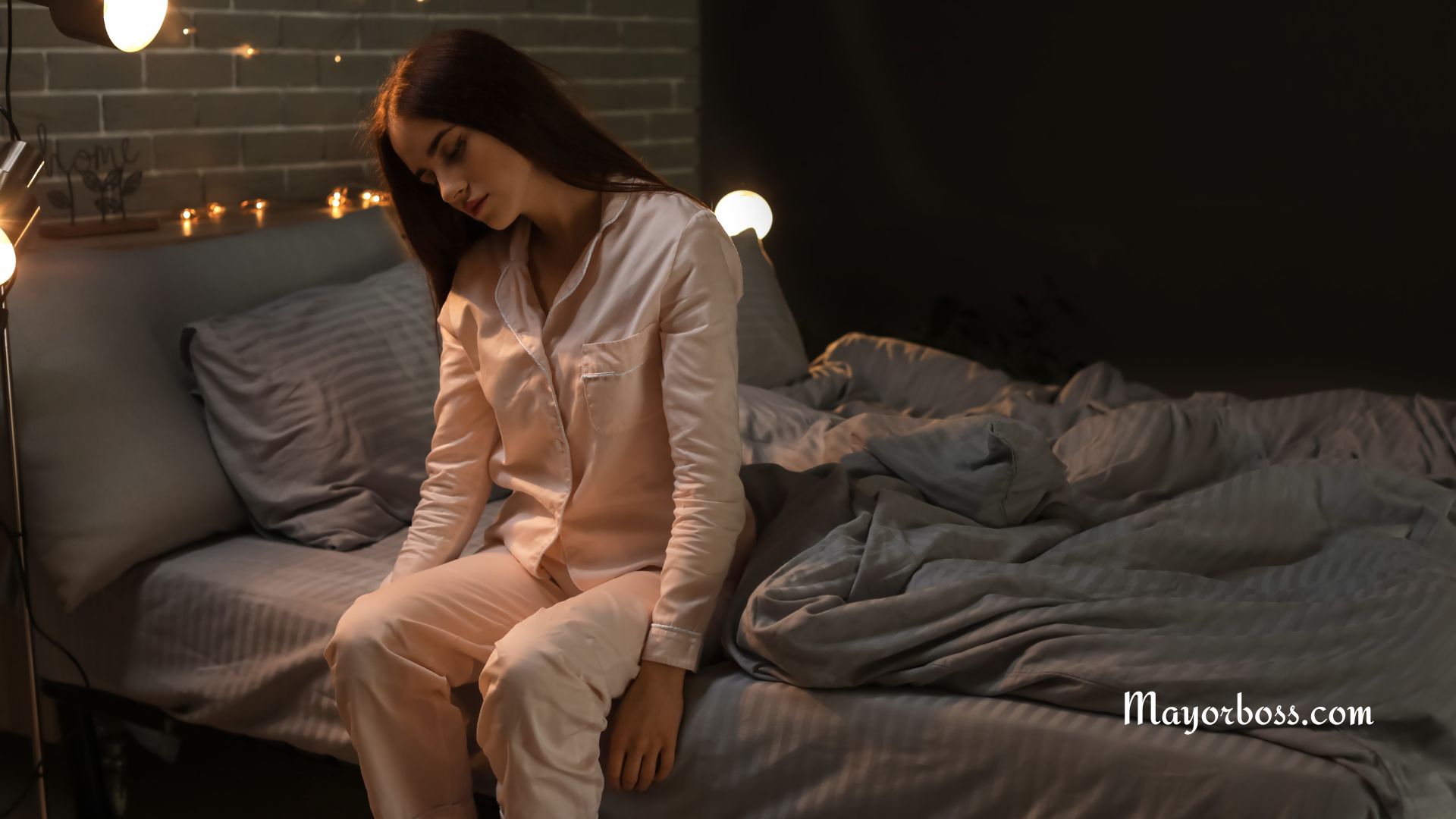What Is Sleep Apnea?
What Is Sleep Apnea?
Sleep apnea is a sleep disorder where breathing repeatedly stops and starts during sleep. This can lead to poor sleep quality, daytime sleepiness, and long-term health risks like heart problems. Sleep apnea comes in different types, such as obstructive, central, and complex sleep apnea.
What Happens When You Have Sleep Apnea?
When you have sleep apnea, your breathing can pause for several seconds to even a minute during your sleep. These pauses can happen multiple times an hour, jolting you out of deep sleep and into a lighter sleep stage. Consequently, you may feel exhausted the next day, even if you thought you had a full night’s sleep.
Types of Sleep Apnea
Obstructive Sleep Apnea
The most common type is obstructive sleep apnea. In this case, the muscles in your throat relax excessively during sleep, causing a blockage in the airway. As a result, you might snore loudly or make choking sounds as you try to breathe.
Central Sleep Apnea
This type is less common. Central sleep apnea happens when your brain fails to send the right signals to your muscles that control breathing. Consequently, you might wake up feeling short of breath or have difficulty falling asleep.
Complex Sleep Apnea Syndrome
Also known as treatment-emergent central sleep apnea, this is a blend of obstructive and central sleep apnea. For individuals dealing with this type, treating one form often reveals the presence of the other.
What Causes Sleep Apnea?
Several factors can contribute to sleep apnea. For obstructive sleep apnea, excess weight and obesity are significant risk factors. Additionally, having a narrow airway or enlarged tonsils can make you more susceptible. For central sleep apnea, heart failure and certain medications can play a role.
Symptoms to Watch Out For
If you suspect you have sleep apnea, you may notice the following symptoms:
- Frequent pauses in breathing while asleep
- Loud snoring
- Daytime fatigue and sleepiness
- Difficulty focusing
- Morning headaches
- A dry mouth upon waking
How Is It Diagnosed?
Diagnosis usually involves a sleep study, also known as polysomnography. During this test, various body functions like heart rate, eye movement, and oxygen levels are monitored while you sleep. Alternatively, home sleep apnea tests are also available. However, they are generally less accurate than sleep studies performed in a lab.
Treatment
Lifestyle Changes
Making lifestyle adjustments can sometimes alleviate sleep apnea symptoms. Losing weight, for example, often leads to a significant reduction in episodes. Moreover, avoiding alcohol and sedatives can help, as they tend to relax the throat muscles.
Medical Devices
A Continuous Positive Airway Pressure (CPAP) machine is often the go-to treatment. This device keeps your airway open by providing a constant flow of air through a mask.
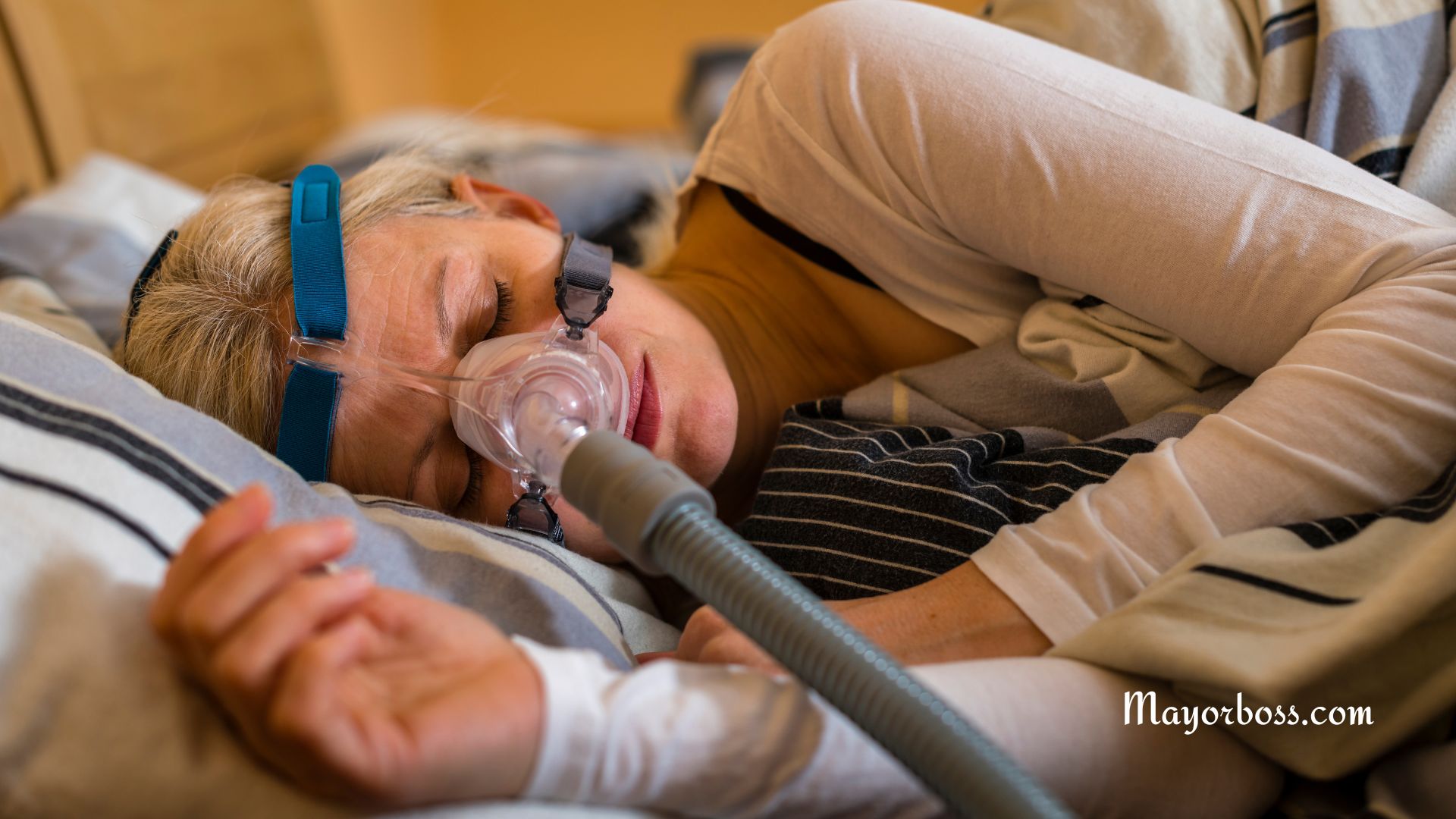
Surgery
In severe cases where other treatments fail, surgical options like uvulopalatopharyngoplasty (removal of excess tissue from the throat) or genioglossus advancement (repositioning of the tongue muscle attachment) may be considered.
Frequently Asked Questions
What Are the Risk Factors for Developing Sleep Apnea?
Excess weight is a major risk factor for obstructive sleep apnea. Other risk factors include a family history of the condition, being male, and being older. For central sleep apnea, heart disorders and the use of certain medications can elevate the risk. However, it’s worth noting that sleep apnea can affect anyone, regardless of age or gender.
How Does Sleep Apnea Affect Day-to-Day Life?
Living with untreated sleep apnea can significantly impact your quality of life. You might feel constantly tired, have trouble concentrating, and even become irritable or depressed. Over the long term, the condition can lead to more serious health problems like heart disease, high blood pressure, and diabetes.
Can Children Have Sleep Apnea?
Yes, children can also have sleep apnea, although it’s less common than in adults. Symptoms in children may include poor school performance, behavioral issues, and hyperactivity. If you notice that your child snores loudly, has difficulty breathing during sleep, or seems excessively tired during the day, it’s essential to consult a healthcare provider for a proper diagnosis.
Are There Natural Remedies for Sleep Apnea?
Some natural remedies might help alleviate mild symptoms of sleep apnea. For example, certain positional therapies involve sleeping on your side instead of your back to reduce airway obstruction. Dietary changes and weight loss can also improve symptoms. However, it’s crucial to consult a healthcare professional for a proper diagnosis and treatment plan tailored to your needs.
What Happens if Sleep Apnea Goes Untreated?
Ignoring sleep apnea can lead to a host of complications. Aside from the immediate impact on sleep quality and daily life, untreated sleep apnea can contribute to cardiovascular problems like high blood pressure, heart attack, and stroke. Moreover, chronic fatigue from sleep apnea may increase the risk of accidents, including car crashes. Therefore, it’s crucial to seek medical advice if you suspect you have this condition.
Further Reading: 7 Home Remedies for Sleep Apnea

